How Equity Financing Works: Key Tips for Startup Funding

Raising money is one of the most common challenges we see among founders in the UAE. Whether you’re just getting started or scaling up fast, you’ll need cash to grow. But not all funding is created equal. One option that’s become more and more popular, especially among startups,is equity financing.
At Alpha Pro Partners, we work with ambitious business owners every day who are weighing their funding choices. So here’s a simple, real-world guide to equity financing that actually makes sense. We’ll show you how it works, when to use it, and how to get it right without giving up too much of your company too soon.
What Is Equity Financing?
Equity financing is when you raise money by offering a portion of your company in exchange. In plain terms: you sell shares in your business to get the cash you need.
Unlike loans, you don’t have to repay this money. But there’s a trade-off, you’re giving away some ownership. The people who invest will now own a slice of your company. And depending on the deal, they might want a say in how things run.
There are a few ways to get equity financing:
- Private investment (angels, friends, or VCs)
- Crowdfunding platforms
- Public stock offerings (when you're much larger)
Most startups in the UAE raise money privately first—this could be a few small rounds from family and friends or a structured seed round from early investors.
How Equity Financing Actually Works
Let’s keep it simple. Say you need AED 1 million to build out your product or hire a team. Your business is currently worth AED 4 million. That means you might offer 20 to 25 percent of your business in exchange for the money.
Here’s the thing.these investors aren’t just buying shares, they’re buying into your vision. That means they’ll likely want regular updates, some say in major decisions, and ideally a return on their investment when your company exits or goes public.
There are several types of equity investors you might deal with:
- Friends and family (the easiest but can get messy)
- Angel investors (wealthy individuals looking for high-growth opportunities)
- Venture capital firms (more formal, structured funding)
- Public investors (if you go the IPO route down the road)
Each group brings different expectations and involvement levels. So before you accept any money, be clear on what you're agreeing to.
Equity Financing vs Debt Financing
This part confuses a lot of founders. Let’s break it down.
Equity Financing
- You raise money by selling part of your business
- No repayments or interest
- You share profits (and decisions)
Debt Financing
- You borrow money and pay it back over time
- You keep full ownership
- But you have to manage cash flow to handle repayments
So which is better?
There’s no one-size-fits-all. If you have strong cash flow and want to stay in control, debt might work. If you’re growing fast and want a partner, equity could be smarter.
A lot of businesses in the UAE start with equity when they’re young and move to debt once revenue becomes more predictable.
Why Entrepreneurs Choose Equity
Let’s talk about why equity is often the go-to option for UAE founders.
- No need for collateral (startups often have none)
- Flexible funding with no immediate pressure to repay
- Access to expert investors who offer more than just money
- Good fit for high-growth companies planning to scale regionally or globally
- Longer runway to build products, grow users, or expand operations
But that flexibility comes with strings attached. That’s why knowing how to structure your deal is everything.
Pros of Equity Financing
- No monthly payments
- You get access to mentorship, advice, and networks
- Shared risk: if the business fails, you’re not in debt
- Can raise larger amounts than banks might lend
- Often builds credibility with other investors
Cons of Equity Financing
- You give up part of your ownership
- Decision-making can become slower or more complicated
- Profits are shared
- Not all investors are helpfu, some might clash with your vision
- Legal, tax, and compliance work increases
Common Equity Instruments in the UAE
Equity financing isn’t just about selling ordinary shares. There are different types of agreements depending on what stage you're at.
Common Share Agreements
This is a straight share sale. Simple and direct. Good for early-stage funding, especially from friends or angels.
Preferred Shares
These come with special rights like getting paid first in an exit. Often used in later rounds or with larger VC firms.
Convertible Notes
This starts as a loan but turns into equity later. It’s popular when it’s hard to agree on a valuation upfront.
SAFE Agreements
A “Simple Agreement for Future Equity.” This gives investors the right to convert into shares at a later round. Fast, simple, and increasingly used in pre-seed and seed stages.
Understanding these tools helps you choose what fits your needs now—and keeps options open for the future.
What Investors Really Look For
If you want to raise capital, you’ll need more than just a good idea. Most investors look for:
- A clear business model with growth potential
- A capable team with the skills to deliver
- Market traction (customers, revenue, partnerships)
- Realistic financials with smart use of funds
And just as important is how well you communicate your story. That’s where your pitch deck, financial model, and market insights come in.
Mistakes to Avoid with Equity
Too many founders give away too much equity too early. Here’s what else to watch for:
- Accepting the wrong investor just for the money
- Not checking investor references
- Skipping legal review on terms
- Rushing to close a round without a clear plan
- Ignoring how future funding rounds will affect your ownership
Equity is powerful, but expensive. Be smart. Get advice. And stay in control of your company’s long-term direction.
Is Equity Financing Right for You?
Ask yourself:
- Do I need strategic support or just money?
- Am I okay giving up a slice of control?
- Is this investor aligned with my mission and values?
- Do I have a clear use for the capital I’m raising?
If the answer is yes, and you're thinking long-term, then equity might be the perfect fit. Just make sure you know what you're signing up for.
How We Support Equity-Ready Businesses
At Alpha Pro Partners, we’ve helped startups across the UAE prepare for and close funding rounds.
We help with:
- Business and financial planning
- Forecasting and valuation support
- Investor readiness and pitch materials
- Legal and accounting setup
- Structuring equity terms that protect founders
Raising money doesn’t have to be confusing. We make it easier by breaking down the numbers, simplifying the process, and helping you choose the best path for growth.
FAQs About Equity Financing
What is equity financing in simple words?
It’s when a business raises money by offering shares to investors instead of taking a loan.
Is equity financing better than debt?
It depends on your goals. Equity means no repayments, but you give up ownership. Debt keeps you in control, but comes with regular payments.
How much equity should I give away?
That depends on your valuation. Many founders give 10 to 25 percent in early rounds.
Can I buy back equity later?
Yes, through a buyback deal or secondary sale. But it depends on your original agreement.
What documents do I need to raise equity?
Pitch deck, financials, a business plan, cap table, and legal agreements like a term sheet.
Can I mix equity with other types of funding?
Yes. Many businesses combine equity with debt, grants, or revenue-based financing.
What’s a SAFE?
A Simple Agreement for Future Equity. It lets investors buy equity in a future round without negotiating valuation now.
Can Alpha Pro Partners help me raise equity?
Yes. We help UAE businesses with every part of the funding process—from strategy and financials to closing the deal.
What’s the biggest risk of equity?
Losing control of your business if you give away too much. That’s why smart structuring matters.
Do I need a lawyer for equity deals?
Absolutely. Every agreement should be reviewed to protect your rights and future flexibility.

.webp)


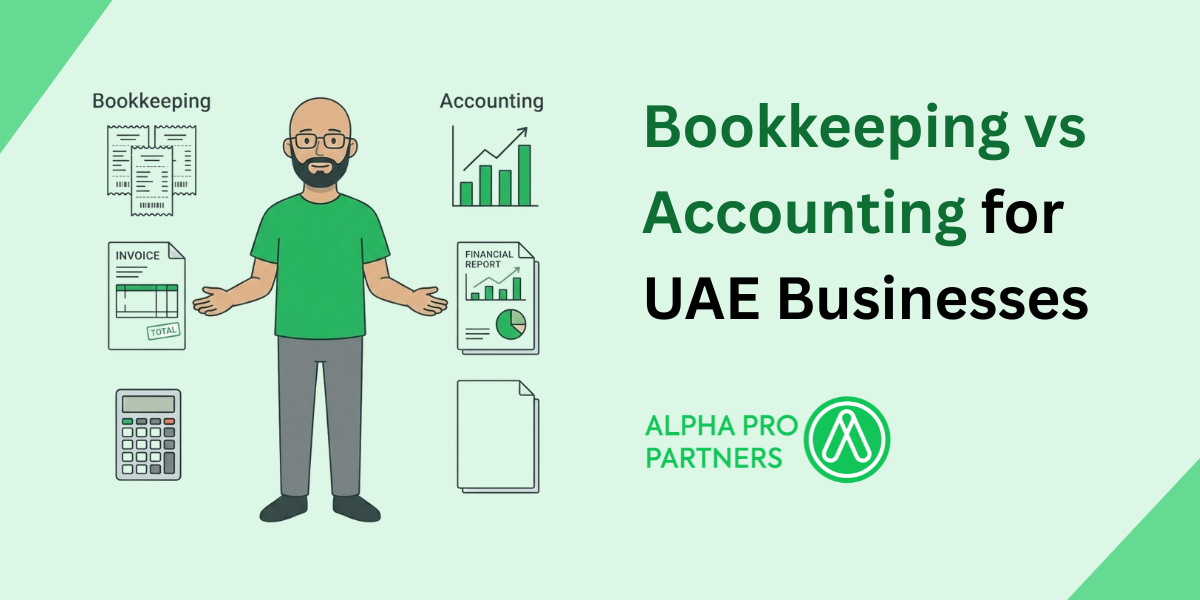
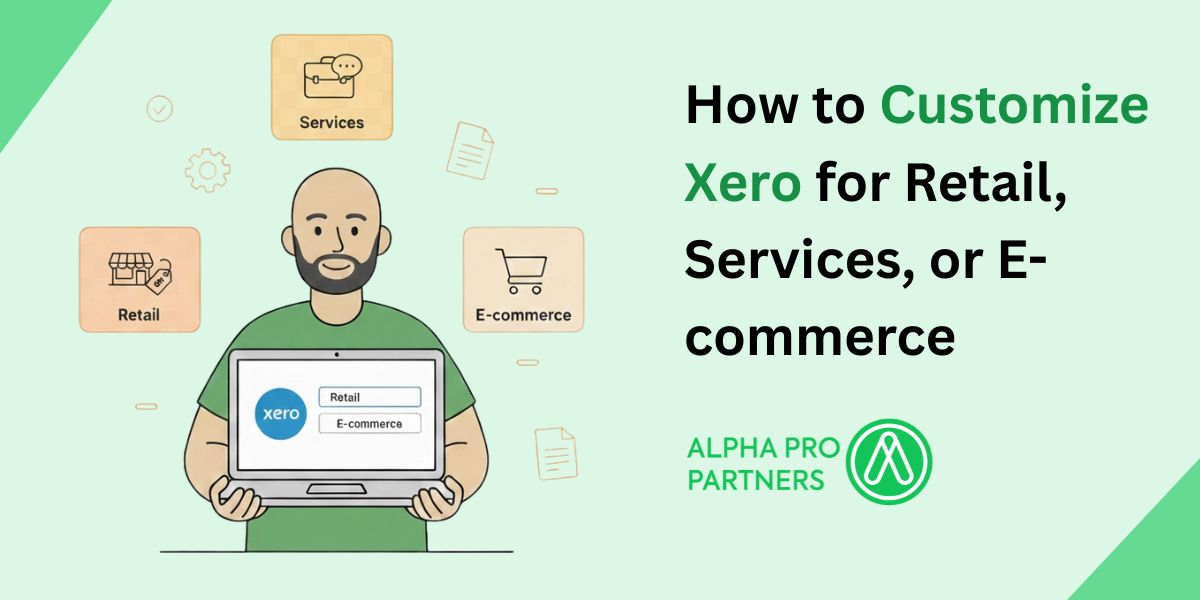

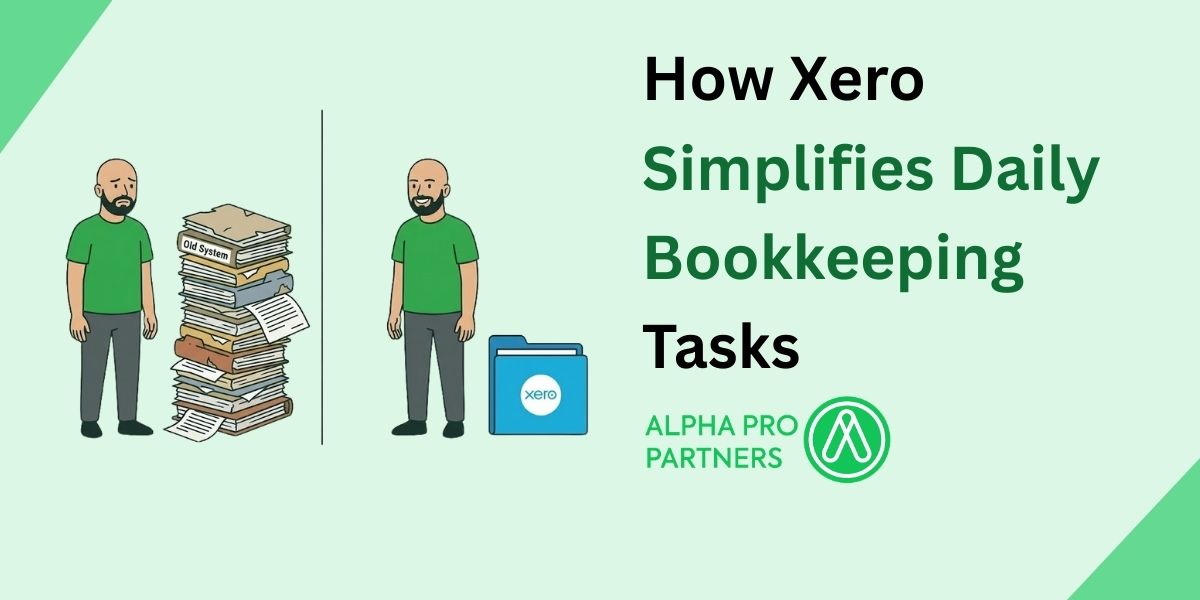
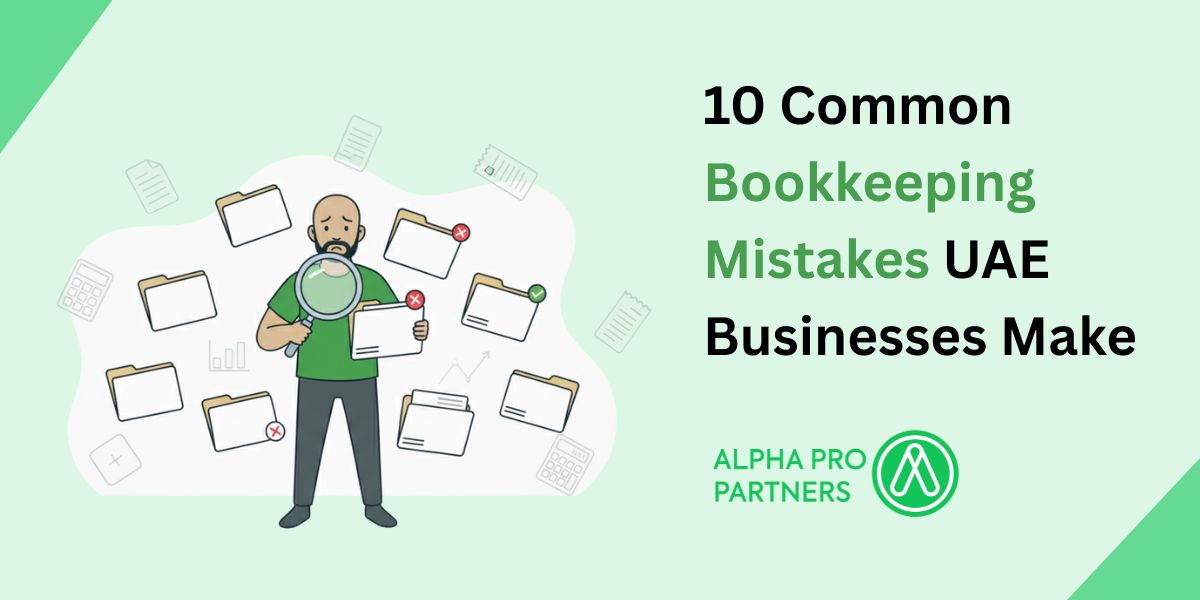
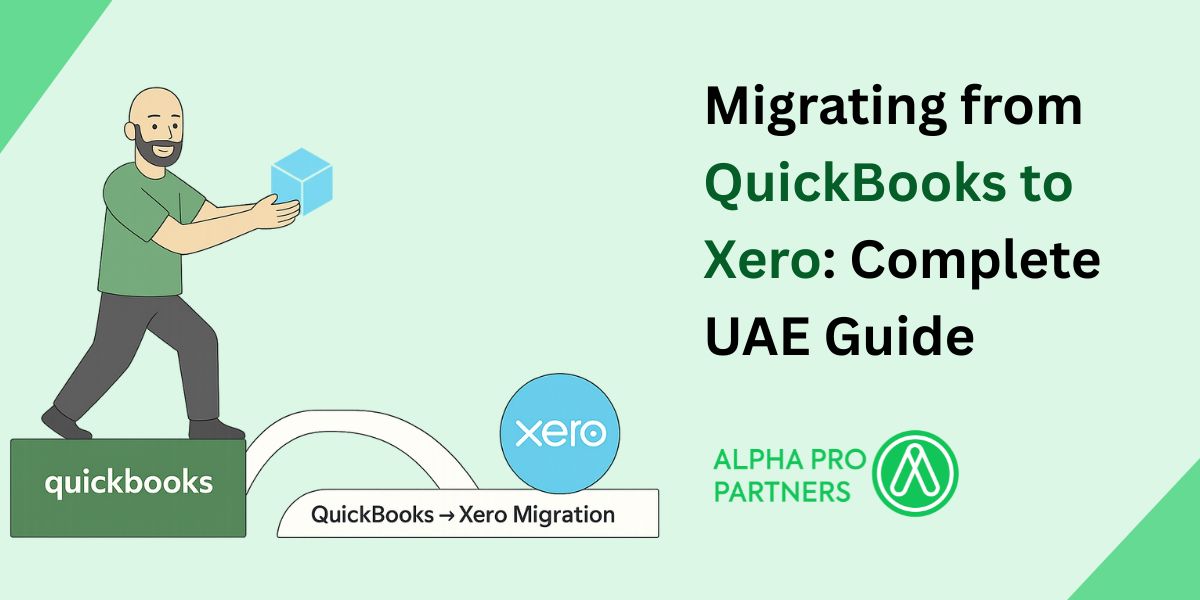








.webp)
.webp)


.png)
.png)
.png)
.png)
.png)

.png)
.png)



.png)
.png)





.jpg)


.jpg)





.png)
.png)






.png)


